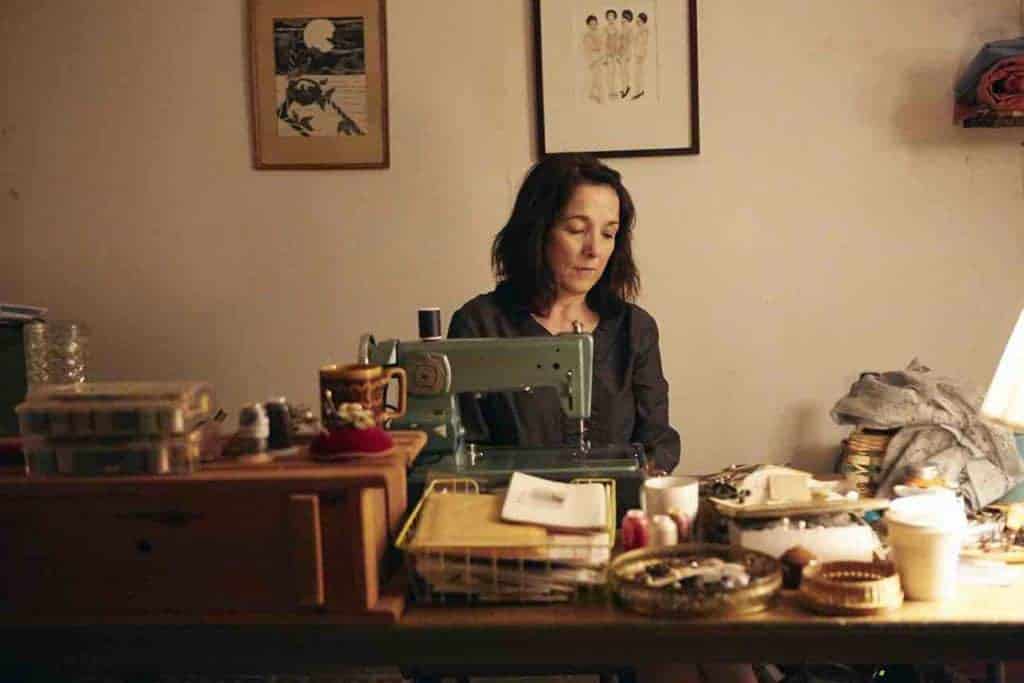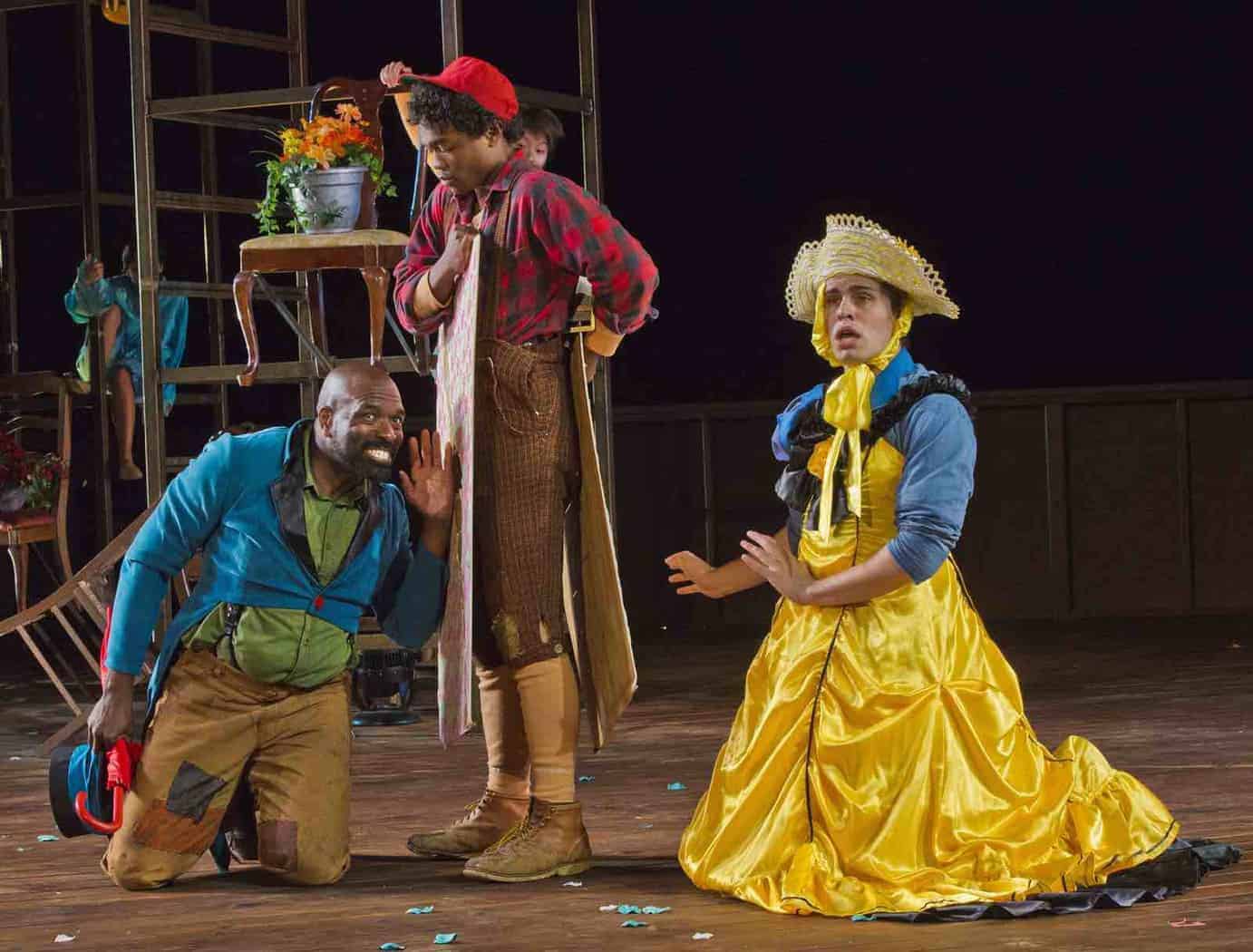Ira Sachs’ Little Men is a slight but affecting drama about two boys whose friendship gets sacrificed by their parents at the altar of New York real estate prices.

Little Men is about the exorbitant price of real estate in New York City. As it is an Ira Sachs film, it is also about the human drama that can result from gentrification. Fortunately, unlike Love is Strange, it doesn’t rely on poor decisions and bad planning for its drama, but on how class tensions and business relationships between parents can corrupt the friendship between two young boys.
At the centre of the film are Jake (Theo Taplitz), a quiet twelve-year-old boy who likes draw but has trouble making friends, and the gregarious centre of attention Tony (Michael Barbieri). They’re brought together because Tony’s mother Leonor (Paulina Garcia) rents a shop from Jake’s father Brian (Greg Kinnear), who recently inherited the building. When Brian and his sister (Talia Balsam) realize that Leonor has been paying only 20% of the market rate for her shop, they decide to raise the rent and all hell breaks loose.
The resulting storm is particularly hard for Brian and his wife Kathy (Jennifer Ehle) because by the time they start to deal with the business side of things, Tony and Jake have already become close friends. Tony can afford to lose friends; he’ll make news ones easily. The more introverted Jake can’t, especially now that he’s been uprooted to a new neighbourhood.

On the surface, Kathy and Brian are the rich yuppies there to price out Leonor. Kathy is a successful therapist — so much so that she can afford to take off one day a week, which Leonor regards with contempt — who has been supporting the family financially for years while Brian pursues his non-paying acting career. But it’s also absurd that Leonor has paid so little and expects to continue to pay far less than market value.
The tensions that bubble up between the adults and trickle down to the boys are realistically rendered. Leonor is frustratingly childish, refusing to talk with Kathy and Brian, as if ignoring the problem will resolve it, and then waiting to be evicted. Kathy and Brian may seem condescending to her, but they are at least trying to handle things like adults — albeit money-grubbing ones. Leonor, on the other hand, tries to use the boys’ relationship as a bargaining chip in her rent negotiations, a manipulation almost certain to corrupt their friendship.

Sachs tends to frame the characters in medium shots, often with just one person in frame with plenty of space on either side, even when it would be more usual to shoot two characters talking in a single frame. Space comes at a premium, and everyone in this film is fighting for their own turf. It’s fitting then that much of the boys’ friendship forms in public spaces, as they traverse the Brooklyn streets on scooter and roller blades while Sachs’ camera follows their movement: only the young and innocent can afford to share their frame.
Though the performances are strong across the cast, with even Taplitz finding the emotion in his otherwise largely blank Jake, the film seems lacking. It has exactly one idea, and it plays with that well. But ninety minutes for one idea is thin. It’s easy to mistake the blankness that pervades the film for subtlety. Yes, much of its insights come from small moments quietly observed. But the film’s emotional density is low, and I suspect Little Men will feel like a trifle on second viewing rather than deepening from the credible performances: there’s just not much there for them to work with.

